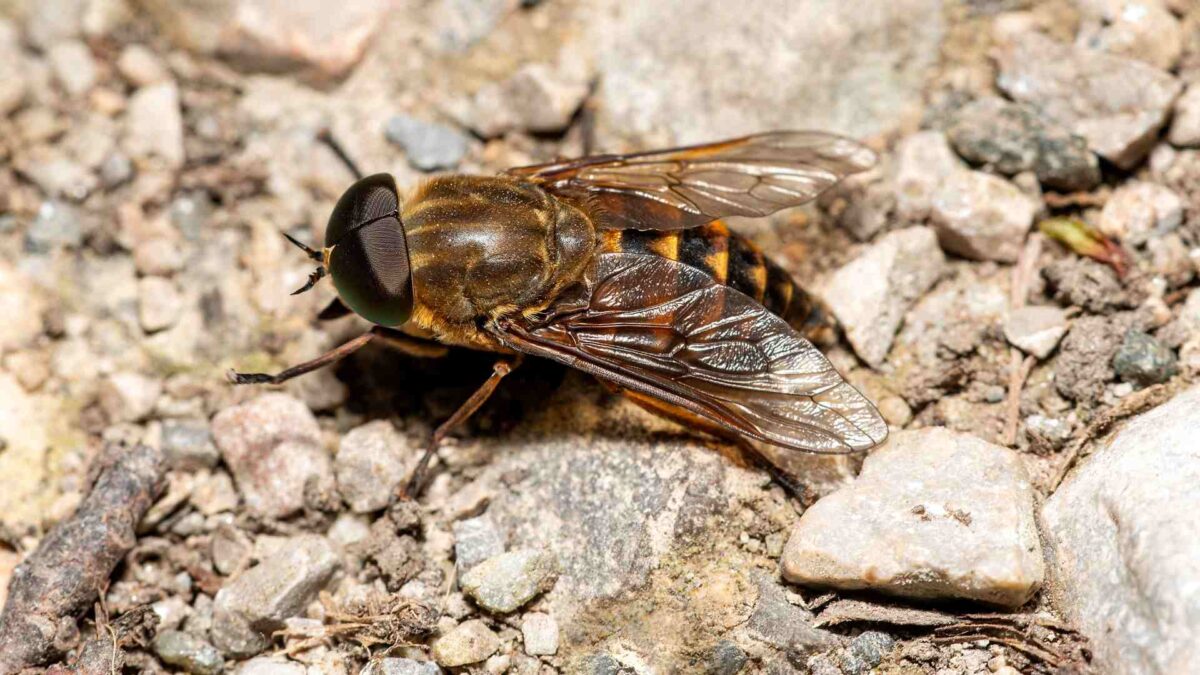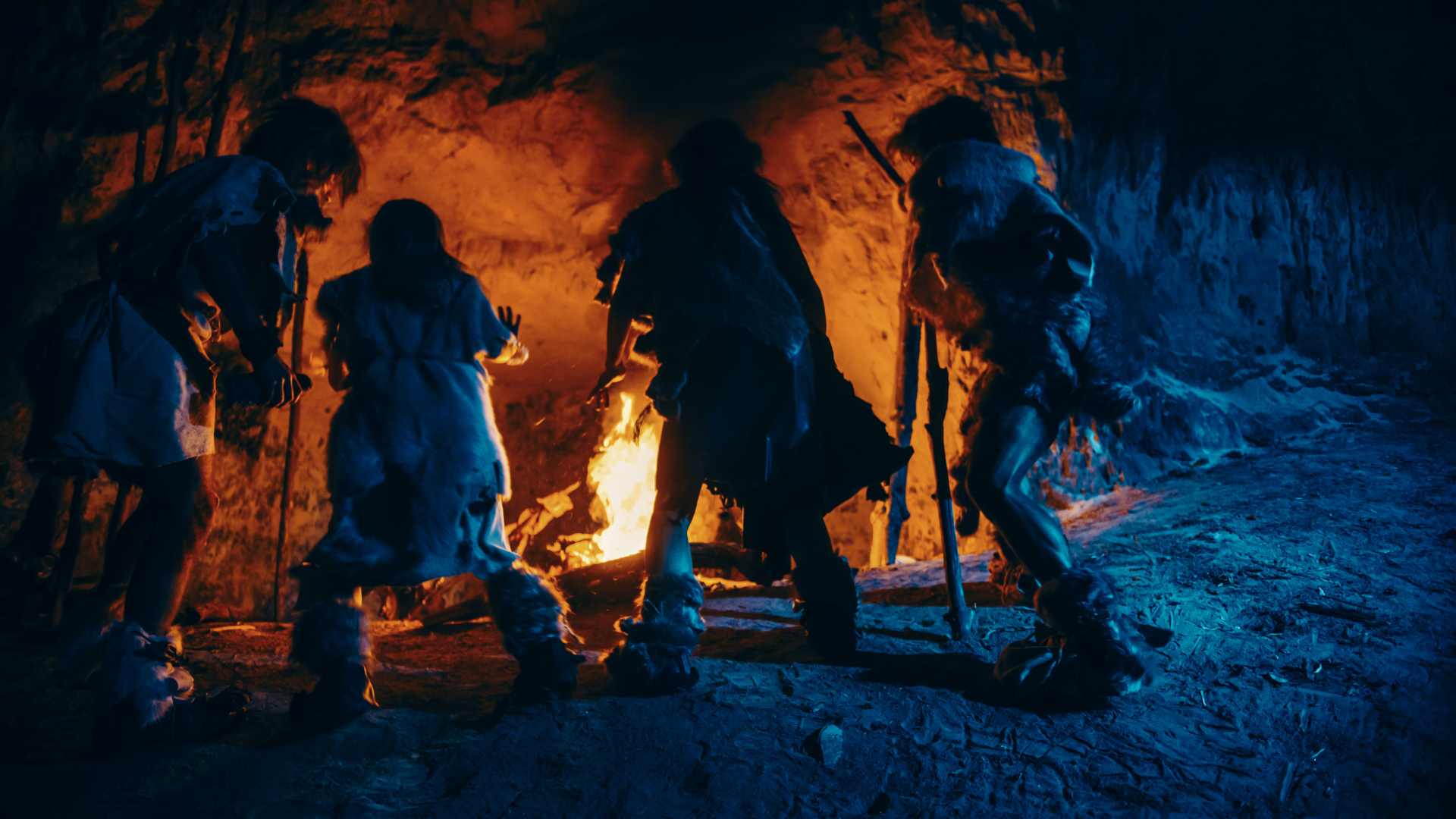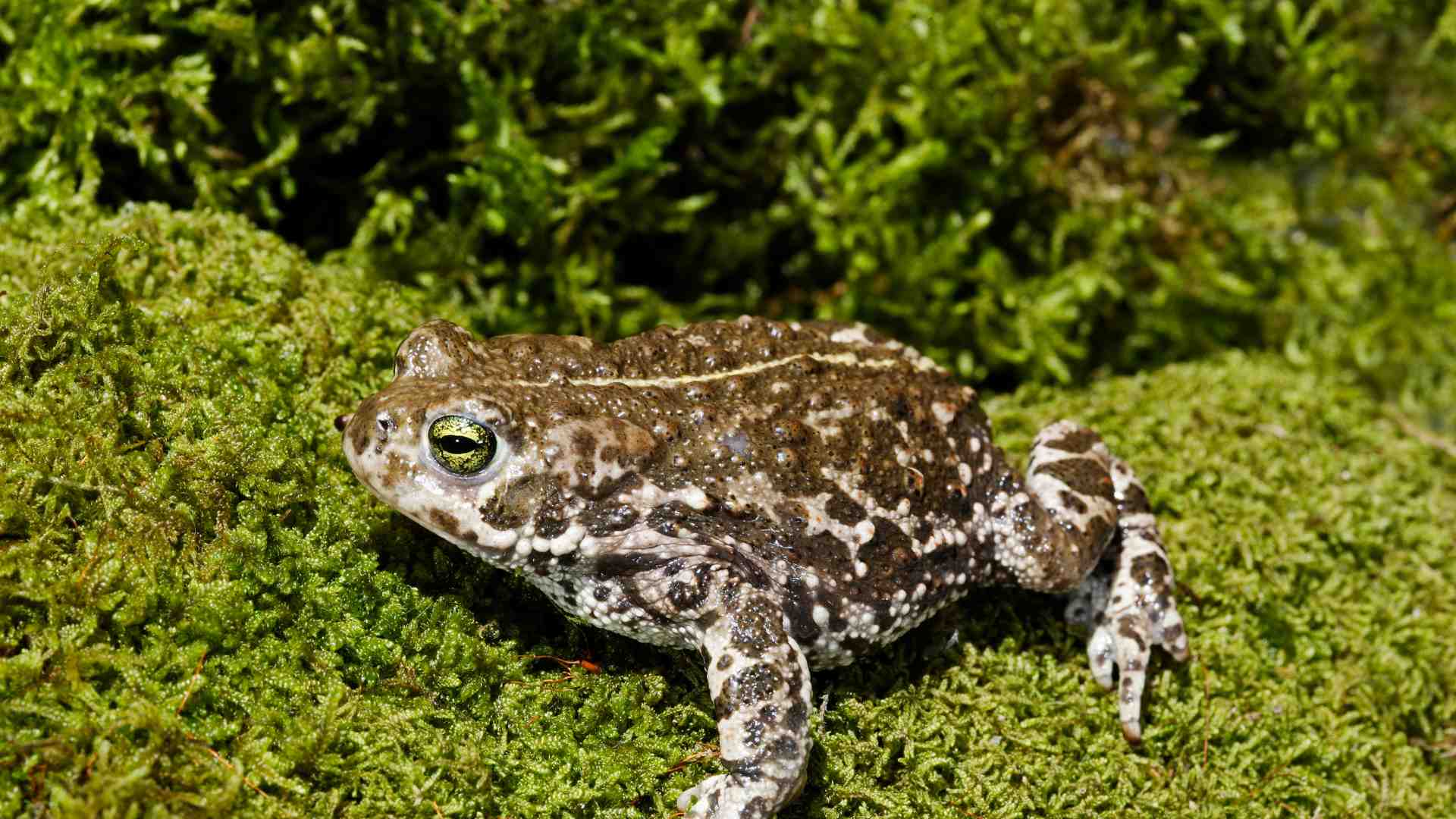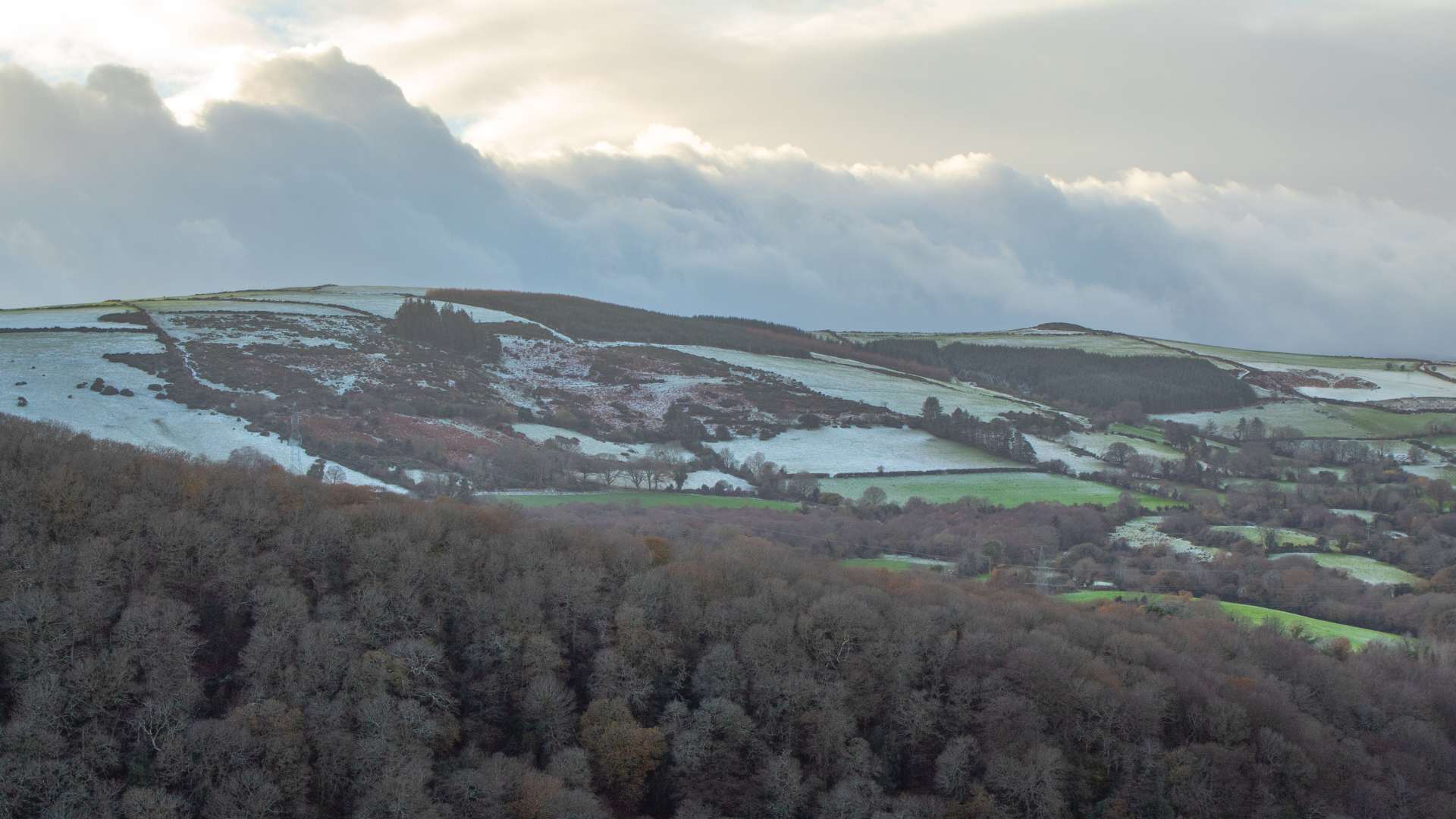
Warm Weather Sparks Surge in Horseflies Across Ireland

With temperatures soaring and humidity on the rise, horseflies have emerged in force across Ireland, causing irritation for humans and animals alike.
The bloodthirsty insects thrive in the warm, damp conditions of the Irish summer, typically peaking in activity from June through August.
While their bites are not generally dangerous, horseflies are known for their painful sting and relentless pursuit of blood. Their bites can cause swelling, itchiness, and in some cases, allergic reactions. The discomfort has prompted a spike in complaints from walkers, farmers, and pet owners in recent days.
Why Horseflies Are Buzzing Now
Ireland’s unique climate makes it an ideal breeding ground for horseflies. Here’s what fuels their seasonal surge:
- Perfect Breeding Conditions: Female horseflies lay their eggs on vegetation overhanging wet soil or waterlogged ground. Their larvae thrive in damp environments such as bogs, marshes, and the edges of rivers and lakes—abundant across Ireland in summer.
- Drawn to Warm-Blooded Hosts: Female horseflies need a blood meal to reproduce. They are particularly attracted to large animals such as horses, cattle, and deer, but will readily bite humans. Sweat, body heat, and the carbon dioxide we exhale all act as powerful lures.
- Life Cycle: After hatching in spring, horsefly larvae develop in moist soil before pupating and emerging as adults in early summer. Adults typically live for one to two months.
- Daylight Predators: Unlike mosquitoes, horseflies are daytime feeders, with peak activity during sunny, humid conditions—especially in July and August.
Tips to Avoid the Bite
Experts advise wearing light-colored clothing, as horseflies are attracted to dark, moving objects. Covering exposed skin and using insect repellent can help reduce the risk of bites. Farmers are also encouraged to protect livestock with fly sheets or sprays during peak hours.
Though they may be a seasonal nuisance, horseflies are also part of the ecological balance—serving as food for birds, bats, and predatory insects.
Still, as Ireland basks in another heatwave, many are left slapping, swatting, and scratching their way through the summer.
Got bitten? Clean the area with soap and water and apply a cold compress. If swelling or discomfort persists, consult a pharmacist or GP.
Share this WeathÉire story:






